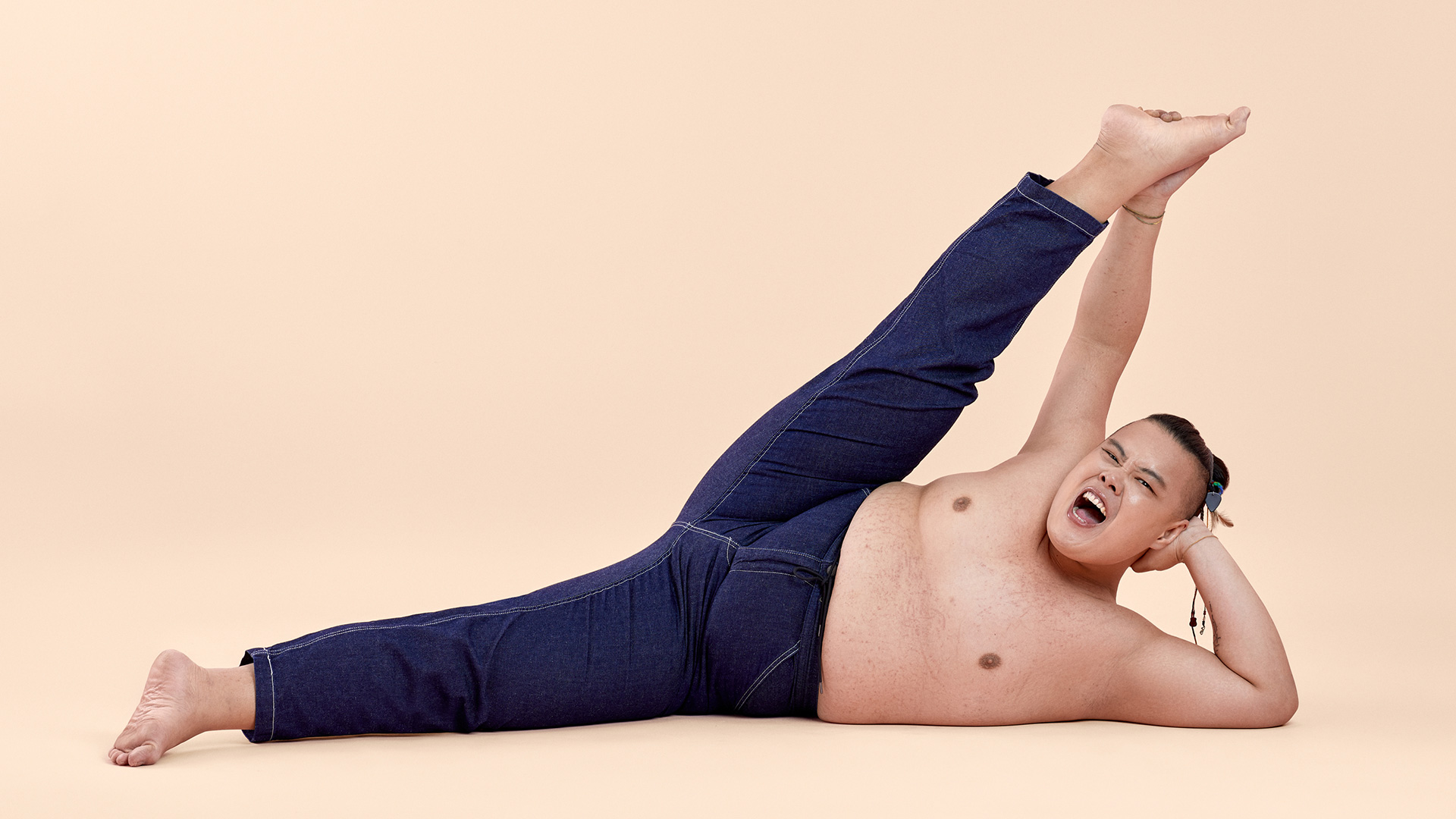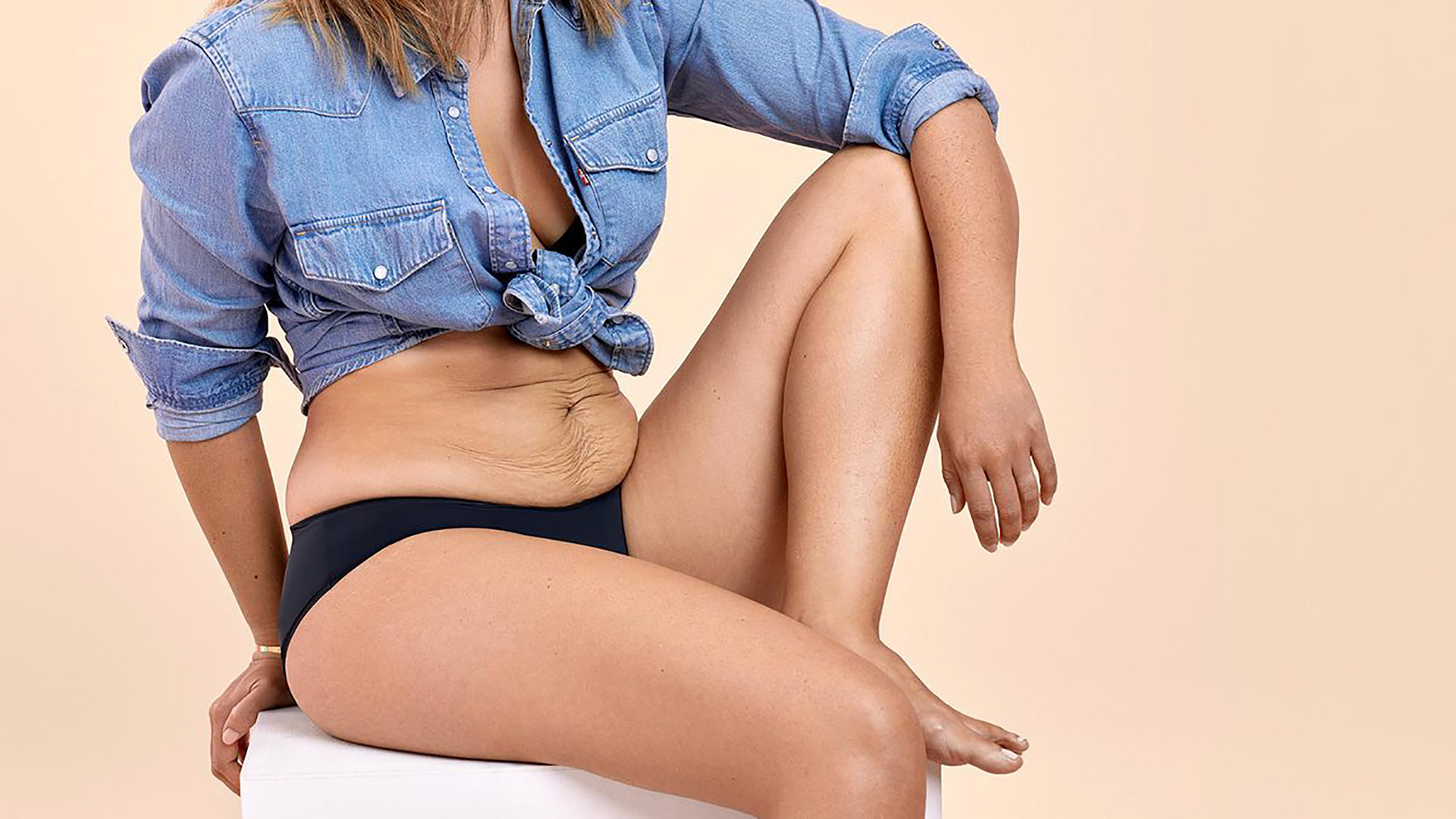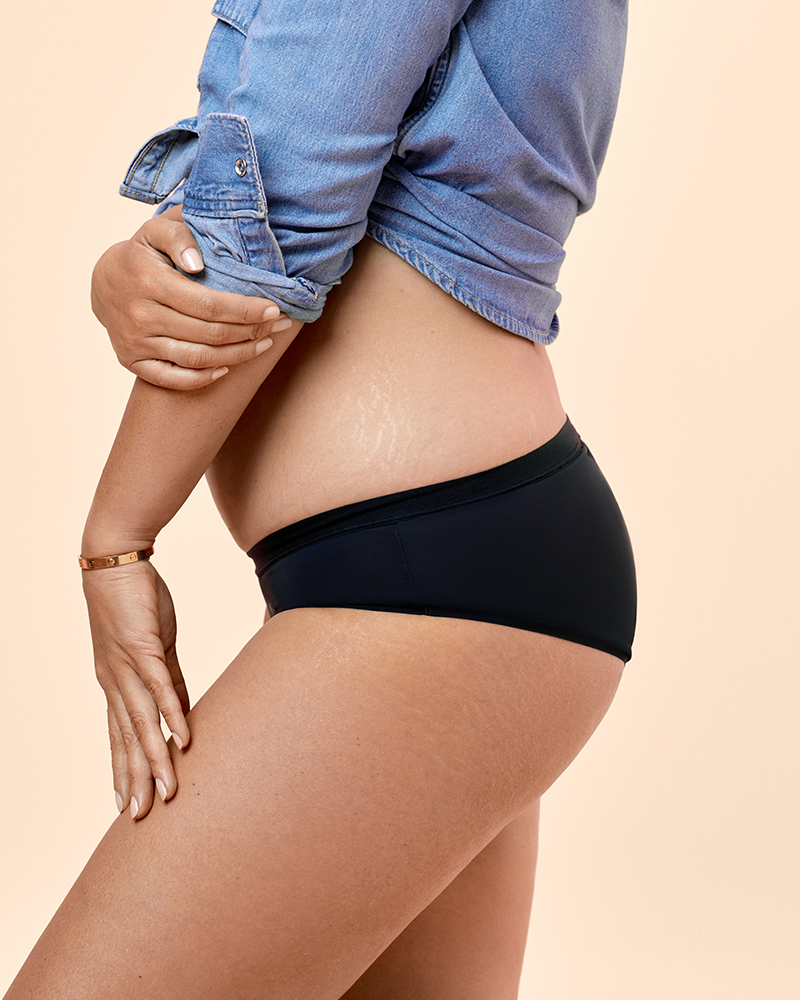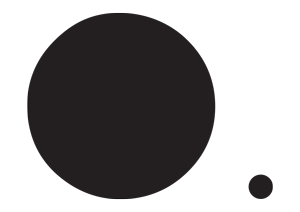In the inimitable film Mean Girls, the titular character Cady Heron, played by Lindsay Lohan, said: “I used to think there was just fat and skinny. Apparently there’s a lot of things that can be wrong with your body.” Out of all the iconic one-liners that this chick flick birthed, this particular one stuck — for a good reason. Body Dysmorphic Disorder (BDD) is a complex disorder characterised by extreme concern about one or two perceived flaws in your perceived appearance. It affects 1.7% to 2.9% of the general population, with the condition occurring in 1 in 50 people.
Many might dissuade or frown upon the word ‘disorder’, simply because the behaviour of disliking or feeling insecure about our bodies has long been normalised. We have recited the phrases of “no one is perfect” and “imperfectly perfect” enough to know that inferiority complexes are just part and parcel of life. And yes, as much as how the habitual self-loathing is natural like breathing, so should the celebratory aspect. While it’s always easier to put ourselves down than lift ourselves up, the latter is evidently more important, because it is quintessential to self-acceptance and self-love. Which precedes everything, including seeking the same assurance from our society, which might or might not happen in this lifetime.
This can only start within, to celebrate and love your body for what it is, what it was, and what it will be. Below, seven individuals of varying body types share what it is like to combat their inner voices and societal pressures in line with the “perfect conventional body”, as they make a case for feeling strong, healthy, and at home in their own skin. These are their stories, and these are their bodies.




